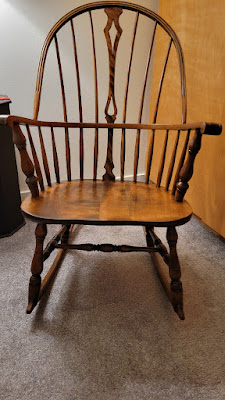Every day really is Earth Day. What else could it be? Knowing that, how will you choose to live?
As with all my collections of poetry I've chosen a few lines to excerpt, not necessarily the first lines in the poem. Follow the links to read the full work.
"Earth Day" by Jane Yolen
As long as life,
As dear, as free,
I am the Earth
And the Earth is me.
"Make the Earth Your Companion" by J. Patrick Lewis
Make the Earth your companion.
Walk lightly on it, as other creatures do.
"Gravity" by Donna Hilbert
This is why we call the earth Mother,
why all rising is a miracle.
"Treat Each Bear" by Gary Lawless
Treat each bear as the last bear.
Each wolf the last, each caribou.
Each track the last track.
"School Prayer" by Diane Ackerman
I swear I will not dishonor
my soul with hatred,
but offer myself humbly
as a guardian of nature,
"For All" by Gary Snyder
I pledge allegiance to the soil
of Turtle Island,
and to the beings who thereon dwell
one ecosystem
in diversity
under the sun
With joyful interpenetration for all.
"Love in a Time of Climate Change" by Craig Santos Perez
I love you as one loves the most vulnerable
species: urgently, between the habitat and its loss.
"Beginners" by Denise Levertov
-- we have only begun
to imagine justice and mercy,
only begun to envision
how it might be
to live as siblings with beast and flower,
not as oppressors.
"Untitled [Earth teach me stillness]" by Nancy Wood
Earth teach me caring
as the mother who secures her young.
Earth teach me courage
as the tree which stands all alone.
"When the Animals" by Gary Lawless
"2007, VI [It is hard to have hope]" by Wendell Berry
Because we have not made our lives to fit
our places, the forests are ruined, the fields eroded,
the streams polluted, the mountains overturned. Hope
then to belong to your place by your own knowledge
of what it is that no other place is, and by
your caring for it as you care for no other place, this
place that you belong to though it is not yours,
for it was from the beginning and will be to the end.
"Map" by Linda Hogan
This is the map of the forsaken world.
This is the world without end
where forests have been cut away from their trees.
These are the lines wolf could not pass over.
"Anthropocene: A Dictionary" by Jake Skeets
diyóół : wind (
wind (more of it) more wind as in (to come up)
plastic bags driftwood the fence line
"Makers" by Pamela Alexander
We dried rivers or dammed them, made
music, treaties, money, promises.
Made more and more of our kind,
which made the cars and the wars
necessary, the droughts and hurricanes.
"Nimbawaadaan Akiing / I Dream a World" by Margaret Noodin



